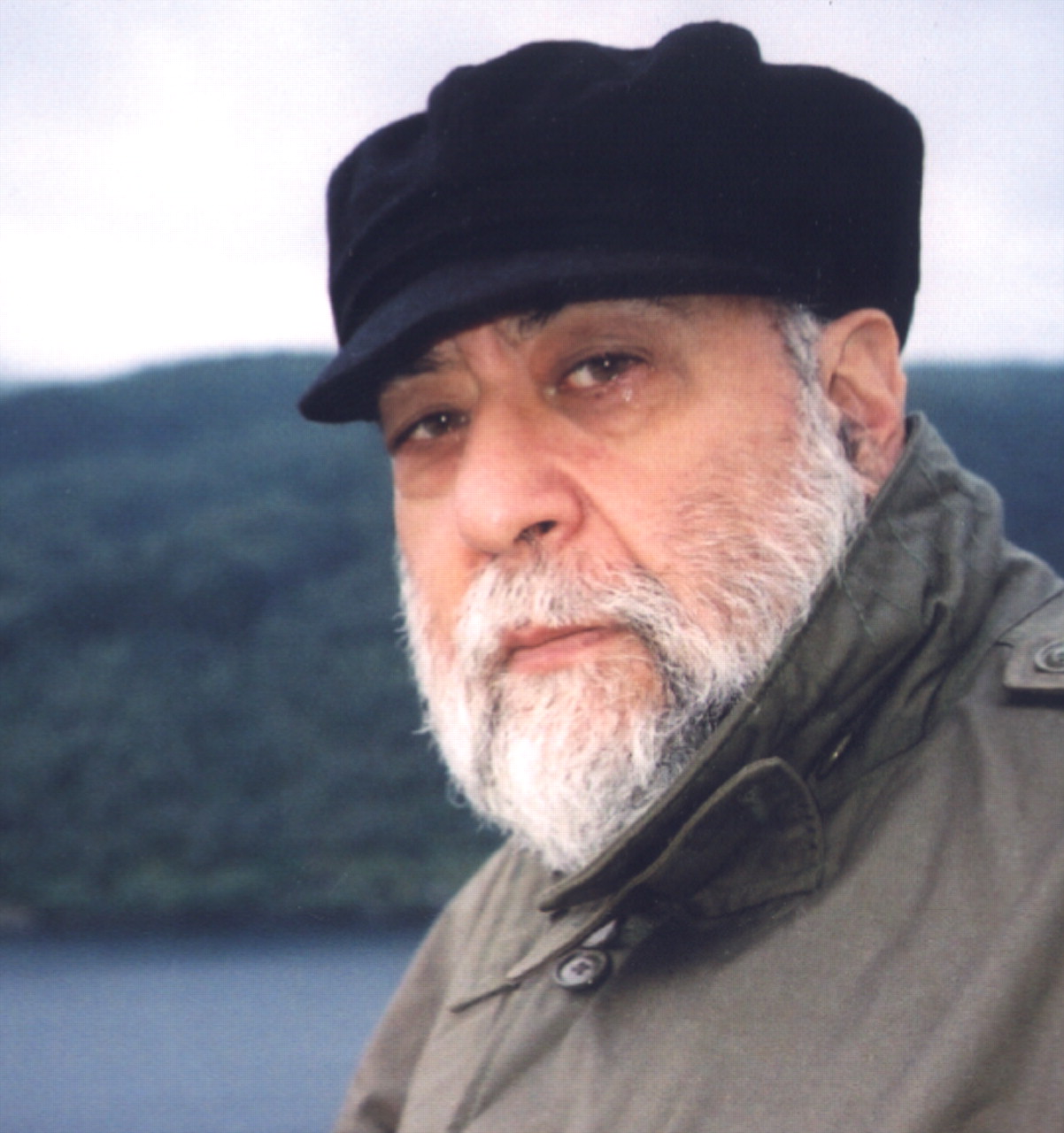Whether our favorite badfella, Tony Soprano, was whacked after the lights went out in the series' final episode will be endlessy debated by fans of the long-running TV show. But his psychiatrist, Dr. Jennifer Melfi, certainly put a decisive hit on his psyche in the preceding installment. After seven years of trying to get Tony in touch with his inner mobster, the psychiatrist abruptly showed him her door.
Melfi decided to terminate (!) Tony shortly after his loser kid, A.J., was released from a psychiatic hospitalization occasioned by a botched suicide attempt. Tony's substitute son, Christopher, died in a car crash two episodes back (he finished off his nephew before the cops arrived, but fuggedaboutit). He doesn't know whom he can trust at the Bada Bing, what with Bobby Bacala whacked, Sil in a coma, and Paulie Walnuts possibly defecting to the Manhattan mob. Given this glut of agita, was Dr. Melfi's chopjob on her depressed capo justified or even ethical?
I think Melfi made a serious error in ever taking on a mobbed-up patient in the first place. She knew from the get-go that despite what he said, Tony was no “waste-management consultant.” Because she and Tony have always had to dance around the bloody realities of his job, the mutual transparency necessary for successful therapy has been compromised. I don't doubt that Melfi stayed the course hoping she could persuade her patient to go legit. Michael Corleone had the same game plan in “The Godfather,” and we all know how that turned out.
I could fill a book with Melfi's egregious errors (one must stress that she is, after all, the fictive construct of many writers).
Nevertheless, she has done about as well as one could in the context of her flawed contract with Tony—and with Tarasoff apparently never far from her mind. Tony has made as much progress in addressing his“ issues” as a guy who began with zero knowledge of his inner life ever could. He has striven to be a better husband and father. He has even had the occasional flash of insight into the moral morass of his“ waste-management” activity (which regularly includes wasting adversaries as well as former friends).
It's evident that he deeply values the healing partnership he's forged with Melfi and is totally committed to therapy after his own alexithymic fashion. Although Melfi shouldn't have started working with him, I believe that once she did, she had a moral obligation not to abandon him, especially in the context of the traumatic losses he's sustained.
Melfi discharged Tony after sententious colleagues pressured her into reading a clinical study purportedly proving that “talk therapy” only provides a psychopath with better means to justify his evil deeds (never mind that her own smug supervisor/therapist commits a gross ethical violation by outing Tony's identity at a dinner party). Lorraine Bracco's nuanced performance as Melfi makes it painfully clear that the psychiatrist has been forced into a decision she intuitively knows is wrong.
I submit that Tony is not a true psychopath—he does not lack remorse, empathy, and compassion across the board. “The Sopranos”“ hook” is that he's both a troubled, tenderhearted guy trying to walk down the bright side of the street and a murderous monster. His better nature has been hopelessly warped by a paranoid culture that has been sanctioning hypocrisy, treachery, and mayhem for centuries. As he leaves Melfi's office for the last time, he tells her with tears in his eyes that it is she who has acted irrationally, cruelly. He is absolutely right. But whaddyagonnado?
David Chase, the show's creator, has previously been lauded by naive psychiatrist colleagues for supposedly presenting a more accurate, user-friendly depiction of psychiatry than viewers routinely saw in earlier, distortion-filled film and TV portrayals. Now he's being bitterly criticized, as if Melfi's callous dismissal of her patient somehow betrayed a public trust.
As the man said, in order to be disillusioned, one must have had illusions in the first place. Chase never felt it incumbent upon himself to make a case for our profession. His mission has been to tell a great, essentially cynical tale about the dark underbelly of the American dream—a mission in which he's brilliantly succeeded, while making potfuls of money. The play's the thing, not improved public relations. That's showbiz. ▪

